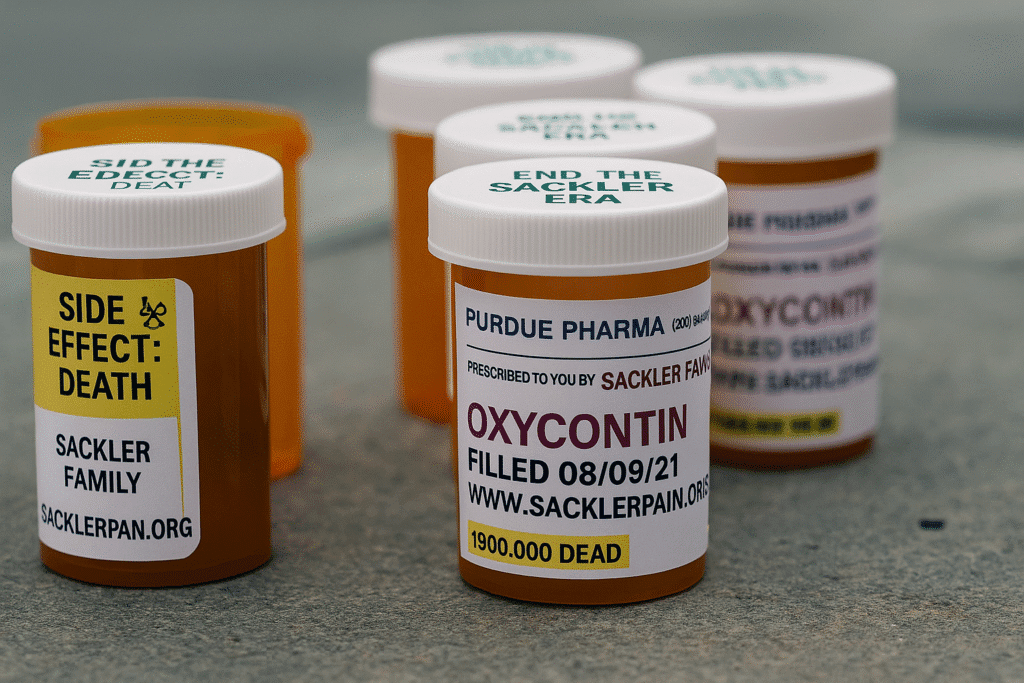As the presidential debate between incumbent President Joe Biden and former President Donald Trump drew near, the nation braced for a fiery confrontation that would delve into some of the most pressing issues of the day. The debate, a highly anticipated event in the 2024 election cycle, promised to shed light on the contrasting approaches of the two candidates to the country’s future. Key topics such as immigration reform, economic recovery, and reproductive rights were expected to dominate the stage, providing voters with a clear choice between two opposing visions for America’s direction.
With Biden and Trump gearing up for a war of words, political analysts speculated that the debate would be a pivotal moment in the race. Both candidates had made bold claims about their plans to address the country’s challenges, but how they would tackle them in the heat of the debate remained uncertain. Biden was expected to emphasize his administration’s efforts to bolster the economy and reduce unemployment, while Trump was likely to focus on his vision for a return to American greatness, promising to restore jobs and tackle what he describes as government overreach.
As the debate drew closer, public interest in the event skyrocketed, with millions of Americans planning to tune in for the televised showdown. Many saw it as a chance to hear directly from the candidates on the issues that matter most to their lives, including healthcare, national security, and climate change. The debate was shaping up to be a defining moment in the election, one that could significantly impact voter perception and ultimately determine the next occupant of the White House.
Meanwhile, in a momentous legal development, the U.S. Supreme Court delivered a 5-4 ruling that blocked Purdue Pharma’s controversial bankruptcy settlement. The deal, which had been structured to shield the Sackler family—owners of the opioid manufacturer—from future lawsuits related to the ongoing opioid crisis, was rejected by the court. This decision marked a major setback for the pharmaceutical giant, which had hoped to protect itself from further litigation as part of its bankruptcy proceedings.
The ruling means that the Sacklers will no longer be shielded from lawsuits seeking accountability for their role in fueling the opioid epidemic. The court’s decision has been hailed by some as a victory for the victims of the opioid crisis, who have long fought for justice and accountability from the companies and individuals they hold responsible for the widespread addiction and deaths caused by opioid overdoses. Legal experts noted that the ruling could open the door for additional lawsuits and legal challenges against the Sacklers and other members of Purdue Pharma.
The ruling also highlights the broader issues surrounding the opioid crisis in America, where the consequences of years of aggressive marketing and distribution of painkillers continue to be felt in communities across the country. With Purdue Pharma’s bankruptcy settlement now effectively nullified, the battle for justice is far from over.


